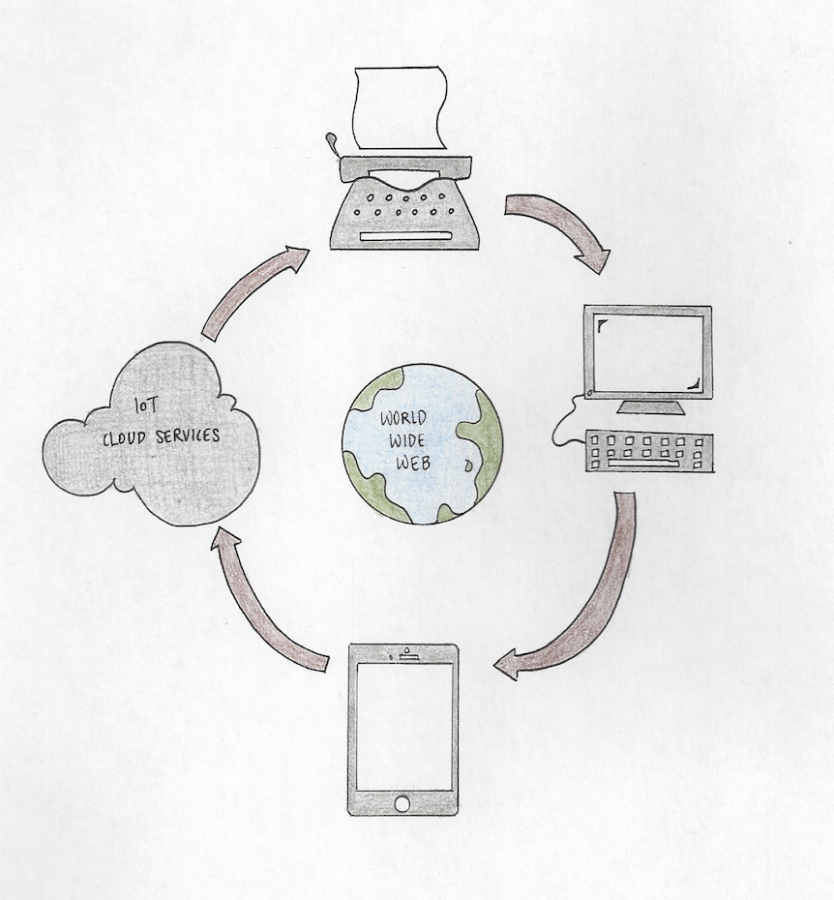I am an absolutely avid technology enthusiast. I have watched the things around me, once seemingly independent fixtures in my home, in the car, everywhere in fact, become increasingly connected. Each of these steps forward, each of these steps together is astounding and inspiring to me, for when I was a little kid, I barely knew what the internet even was. I knew my mom had it, and thus my general understanding of the internet was that it made her life easier in an entirely new way. When the first iPhone launched, I recognized the potential. Being able to access that tool that made life easier—not just at a desk—I knew it would change the world. And it did. Because suddenly, people became more capable of utilizing the benefits of the web, wherever, than ever before.
Over the last ten years, technology has continued to advance exponentially; just as we talk to each other over the web, devices themselves are beginning to do so as well. For many, especially companies, the data collected by devices that are part of the “Internet of Things” (IoT) allow for an entirely new form of market research. For example, smart vending machines are capable of determining not only which drinks are most popular, but what extra flavors are also the most popular, and the quantities people prefer in their drinks.
The IoT is data driven, and will increase the efficiency with which people interact with the material things in their lives. I can see the IoT impacting me on a simple level by taking some of the burden off of my daily tasks, with other tools communicating to do things I that I would otherwise do manually. Phone reminders often allow us to never forget a thing from the moment we get out of bed, but what if the devices we operate didn’t forget the data comprising our routines either?
One of the greatest potentials for IoT technology in our near future is making safety smarter, even outside the home. Smart sensors can be implemented in concrete to allow cars to notify their drivers to slow down in the event of impending bad road conditions. With cities, roads and vehicles communicating at all times, the increased flow and implementation of data will ultimately make our daily lives a much safer place.
The IoT has the potential to be the biggest revolution in tech over the next few years, and I see interaction with the data that smart devices gather as imperative, perhaps through interacting directly with these devices through artificial intelligences, or AI. The IoT is a cloud service, as are artificial intelligences; the latter is therefore an obviously practical means of directly accessing the data that would normally be shared silently between machines.
This option of simple, direct access to IoT data by humans is advantageous, for while the data transfer and resulting advantages of an IoT ecosystem could run silently under the hood, an interface, such as an artificial intelligence, would allow a user to check under that hood when desired. In an age of concerns over privacy and what one can and cannot delete, especially pertaining to details about one’s life, the ability to examine and collate collected data would quickly prove invaluable in an IoT driven world, a world which is not far off.
Much of consumer technology has a goal of simple connectivity, like our world online. The IoT is the tool that will ultimately bring that same sense of seamless unity and communication to the physical realm.




























